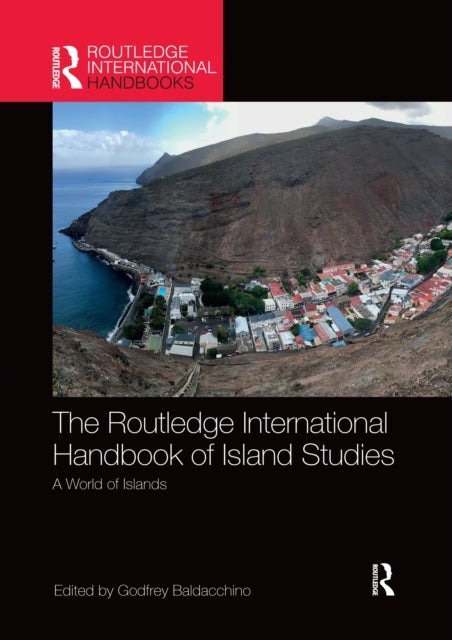
The Routledge International Handbook of Island Studies
619,-
<P>From tourist paradises to immigrant detention camps, from offshore finance centres to strategic military bases, islands offer distinct identities and spaces in an increasingly homogenous and placeless world. The study of islands is important, for its own sake and on its own terms. But so is the notion that the island is a laboratory, a place for developing and testing ideas, and from which lessons can be learned and applied elsewhere.</P><br/><br/><P></P><I><br/><br/><P>The</I><I>Routledge International Handbook of Island Studies </I>is a global, research-based and pluri-disciplinary overview of the study of islands. Its chapters deal with the contribution of islands to literature, social science and natural science, as well as other applied areas of inquiry. The collated expertise of interdisciplinary and international scholars offers unique insights: individual chapters dwell on geomorphology, zoology and evolutionary biology; the history, sociology, economics and politics of isla








